Our earth has suffered enough from what we have taken. It is time to give back and do it right. We put planet and people before profit by minimizing our footprint on the planet and maximising our impact on people. This is our origin.
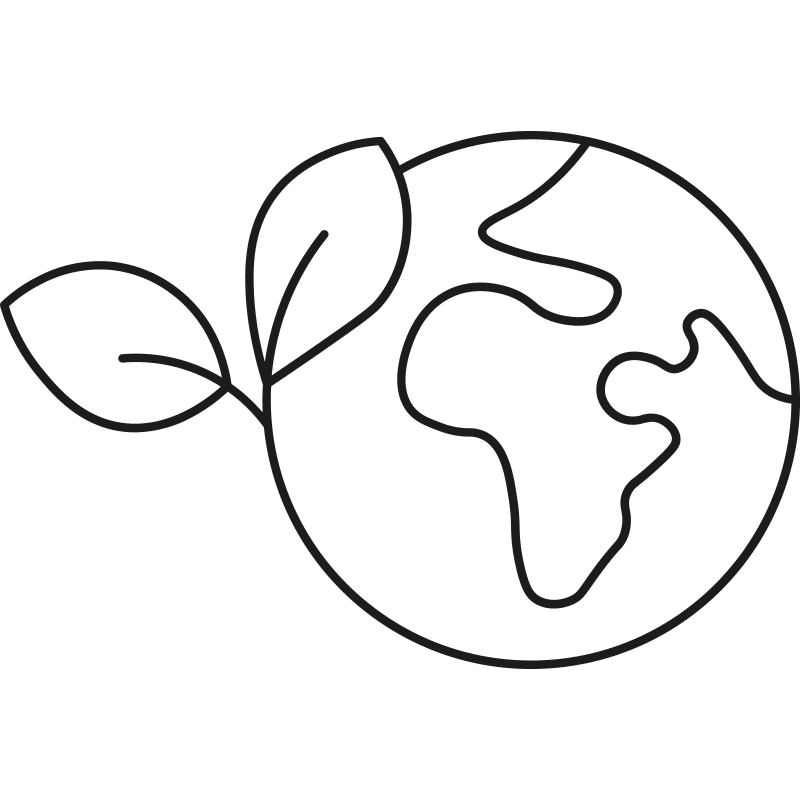
Our origins
Earth Friendly Materials
Nature is at the origin of our designs. We consistently use materials with the smallest footprint on our planet. These are natural, organic, biodegradable, non-toxic and waste materials. They do not harm the planet, people or animals and are mainly locally sourced in the countries of origin. Currently 25% of the collection is made from sustainable plant fibres and 75% is made from waste materials.
Our material guidelines:
We solely apply
- Sustainable plant fibres from quickly renewable plants
- Waste: Recycled and upcycled materials
Earth Friendly Materials
75% of our collection is made from (organic) waste materials
Although the amount of industrial and household waste increases every year, only around 20 % of the global waste is being recycled. The other 80% ends up as landfill, in the sea or is being burnt. Causing huge problems for the environment, animals and people.
Waste like empty wine bottles, teak root, wood from old houses, barns, boats and trucks, waste textiles can be reused, recycled or upcycled and turned into modern interior accessories or furniture. Waste is beautiful!
Why
Using waste as a raw material avoids negative impact of producing new materials.
Did you know that
We generate almost 1 kg of waste per day per capita
Do you want to contribute to reducing our generated waste? Read up about the difference between reusing, recycling and upcycling!
Earth Friendly Materials
25% of our collection is made from 100% natural and quickly renewable plant materials
Quickly renewable plant fibres like water hyacinth, seagrass, unbleached jute, abaca are sustainable, have a low impact on the environment and do not harm the eco system.
The materials are harvested by hand from local community plantations and are not grown on an industrial scale.
Why
Did you know that
We fight against plastic pollution!
Originalhome combats plastic pollution by supporting a PET bottle clean-up initiative in Indonesia and turning bottle caps into beautiful, handcrafted lampshades. Approximately 80% of newly produced plastic ends up in nature, harming biodiversity.
This program collects plastics from coastal areas, rivers, and the ocean, sorting and recycling the bottle caps into plastic rattan-like strings. Local artisans then craft these strings into eco-friendly lampshades, contributing to a greener planet and reducing plastic waste.
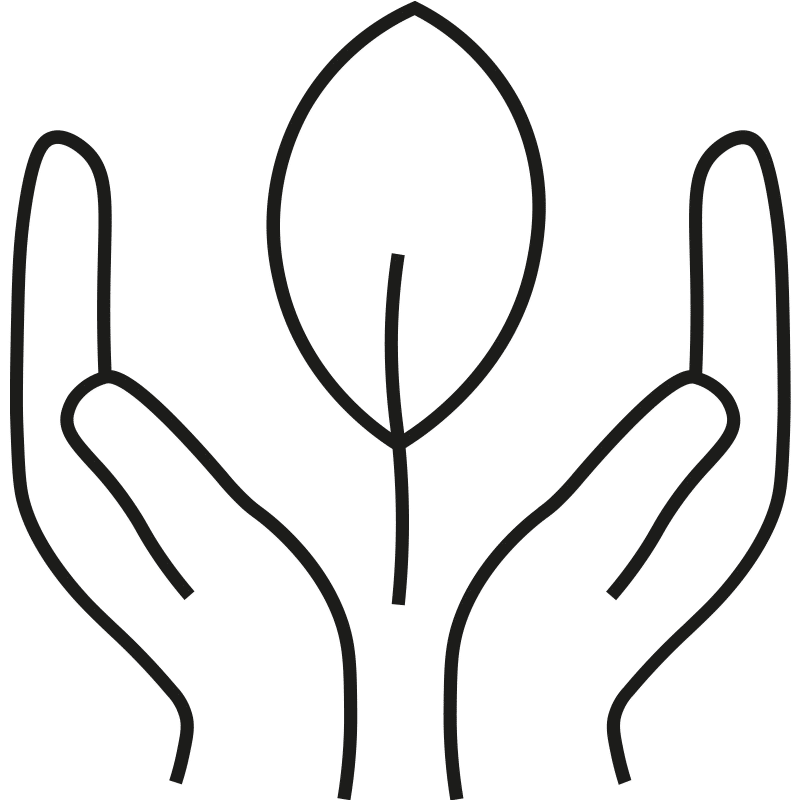
Our origins
Environmental Friendly Production
To safeguard our planet even more, the production process of the originalhome collection is designed to minimize a negative impact on our planet.
- Raw materials harvested & processed by hand
- Celebrating traditional handcrafts
Environmental Friendly Production
The entire originalhome collection is produced by hand to minimize our footprint
From harvesting and processing the raw materials until the end product; everything is executed by hand in small villages on a non-industrial scale. Sometimes simple electrical hand tools are being used. We trace back the origin of the materials that are mainly locally sourced.
Handcraft originates from ancient traditions
The end products are crafted by the gifted crafts (wo)men from Bangladesh, Indonesia, and Tanzania. These crafts originate from ancient traditions and add soul & value to the originalhome products. The one of a kind organic shapes that characterize our collection is the sole result of handcraft.
Handcrafts are also a great source of income for many marginalized people in the remote villages of rural areas.
Why
Did you know that
What about the rest emissions?
Our rest emissions from running the originalhome businesses are CO2 compensated by FairClimateFund projects that benefit people in the more vulnerable areas in the world.
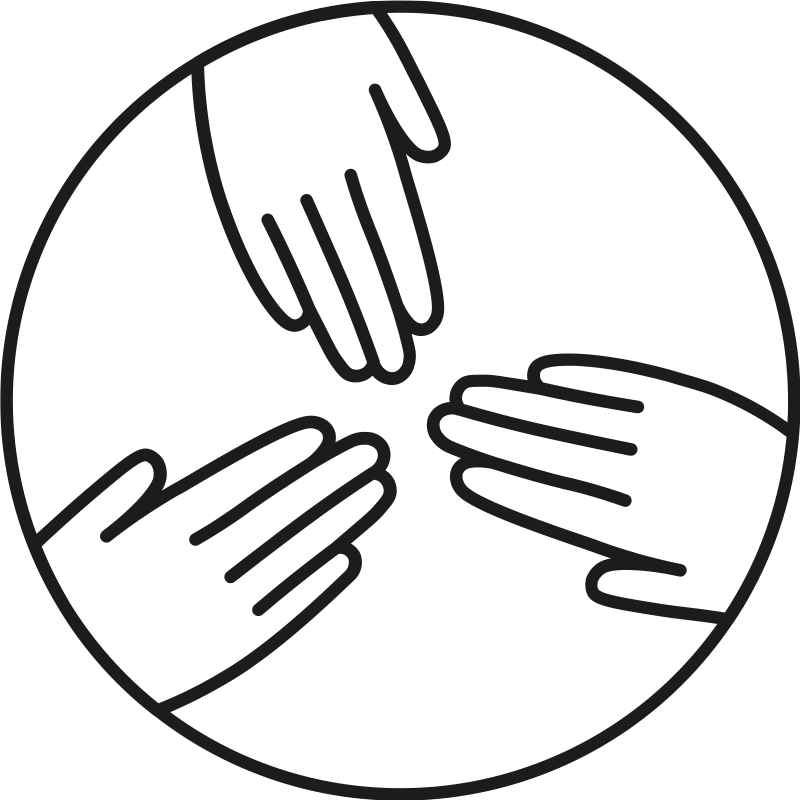
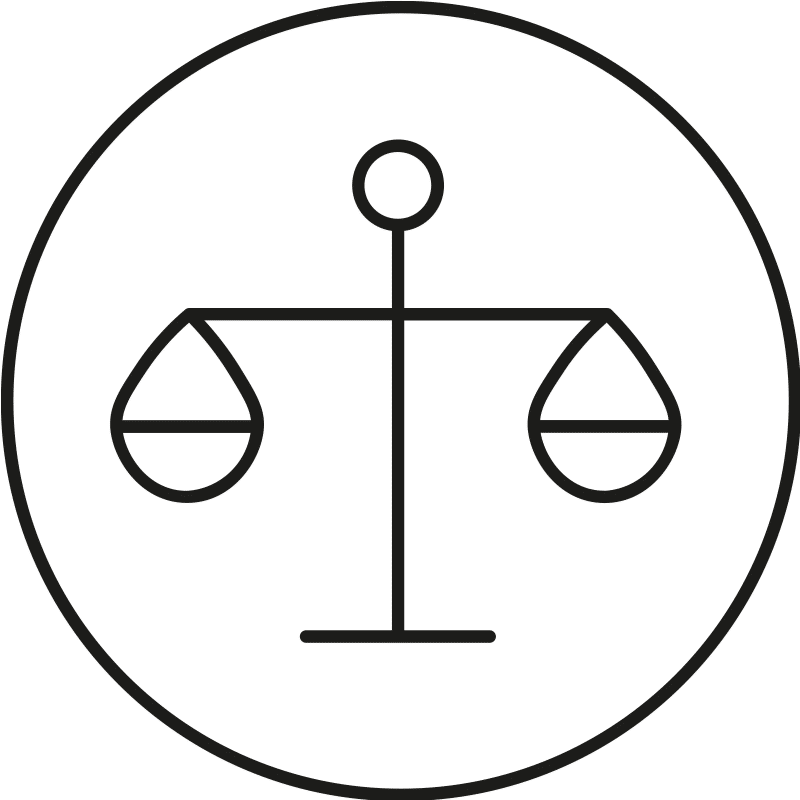
Our origins
People Friendly Trade
If we do not care for each other, how can we care for the planet? Care for people is at the origin of our origins.
There are still many people in this world that live on or below the international poverty line on less than $ 1,90 per day. These people live in the more remote and rural areas of most developing countries and do not have access to jobs opportunities. Poverty reduction through trade forms a key part of our aims. We collaborate with local entrepreneurs who work in a social & eco sustainable manner with (rural) communities in Bangladesh, Indonesia and Tanzania. We consistently choose this type of entrepreneurship to create job opportunities for more marginalized people to help elevate their socio-economic status and quality of life.
How we work
Poverty arises in the remote, rural areas of developing countries. Far away from the big cities there is limited job opportunities. People are depending on seasonal income which is not enough to support their families. Providing job opportunities in these areas reduces poverty.
By consistently collaborating with local social entrepreneurs who work in a sustainable manner with rural communities, we create more jobs together.
We build long term relationships, provide support on investing in raw materials, tools, product development, management, accounting etc.
To create as much job opportunities as possible the products are made by hand. Handcraft has a low entrance barrier and thus accessible for many people. Bonus: it’s a production method that has a low impact on the environment.
Working from home and on their own time schedule in nearby workshops, empowers women to combine work with family tasks. It helps them to elevate their socio-economic status, independence and quality of life.
We embed the FAIR TRADE principles of quality, respect, partnership, fair wages transparency, fair pricing, safe working conditions in our ways of working. It is the 1st step to elevate people from poverty. Our partners are Fair Trade certified (or in process) and/or fit our social sustainability profile.
Note: We support social entrepreneurship. Fair trade certification is not part of our aims. Some of our producing partners are just too small to get certified.
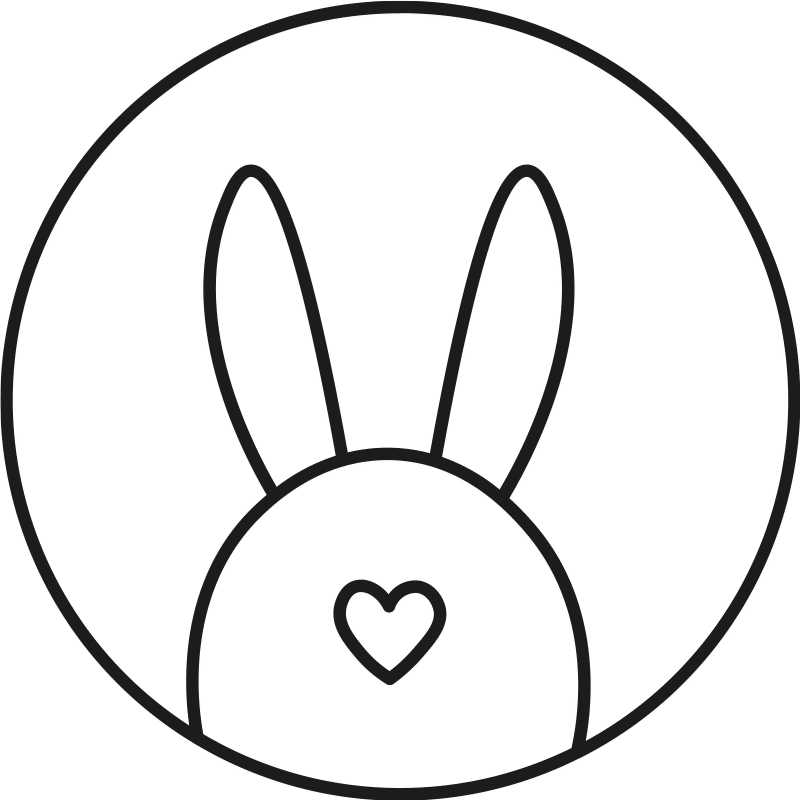
and we love animals too!
Originalhome is a vegan brand. We do not use wool, leather, fur, down, silk or any other animal related materials in our designs.
Did you know that
European sourcing does not always have the smallest footprint
It is not always the most sustainable option to produce locally. Read up about our life cycle assessment for glass.
Our origins
Giving Back
20% of our profits is donated to social & environmental causes
We are not only advocates of a greener planet, we also work towards a sustainable business model for a better distribution of wealth in the home decoration category. We support our partners to improve and expand their business to become even more sustainable and create more job opportunities.
We promote the importance of green living, and we love to show you how waste can be turned into beautiful things. What we give back to you is sustainable organic design.
Join our journey to make this world greener & people friendlier!
We offer Organic Design
Originalhome is designed to connect you with nature, to inspire you to be creative and to be 100% your original you
In a fast-paced every day we seek for balance and peaceful sanctuaries. We thrive in beautiful natural surroundings to relax and reload. The originalhome designs are specially developed to connect you with nature. Our collection is based on the principles of biophilic design by emanating nature and preserving the authentic character of the materials in our organic yet minimalistic designs.
Did you know that
To minimize our footprint on the planet we do not create new collections every season. Twice a year we add a new design to every category. The originalhome products fit any style interior, any time, any where.
I may not be perfect but I am 100% original, just like you
Suggestions?
We are not perfect! Do you have any suggestions how we can improve our practises? Please share your thoughts: +31(0)237857708 | hello@originalhome.nl